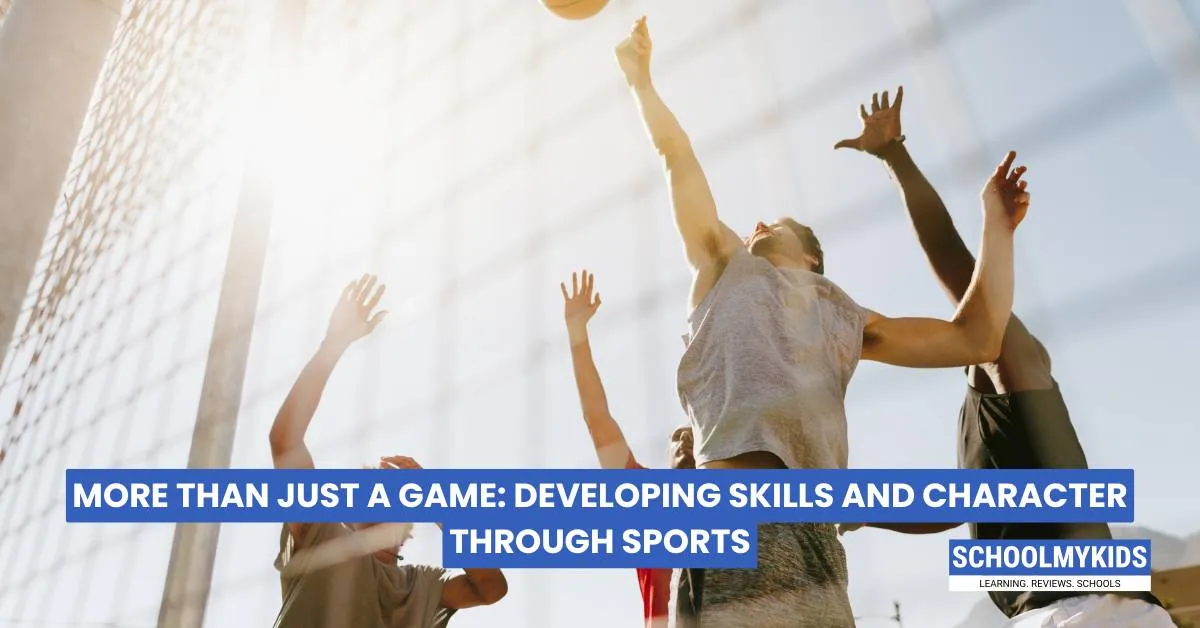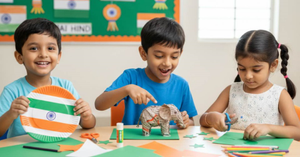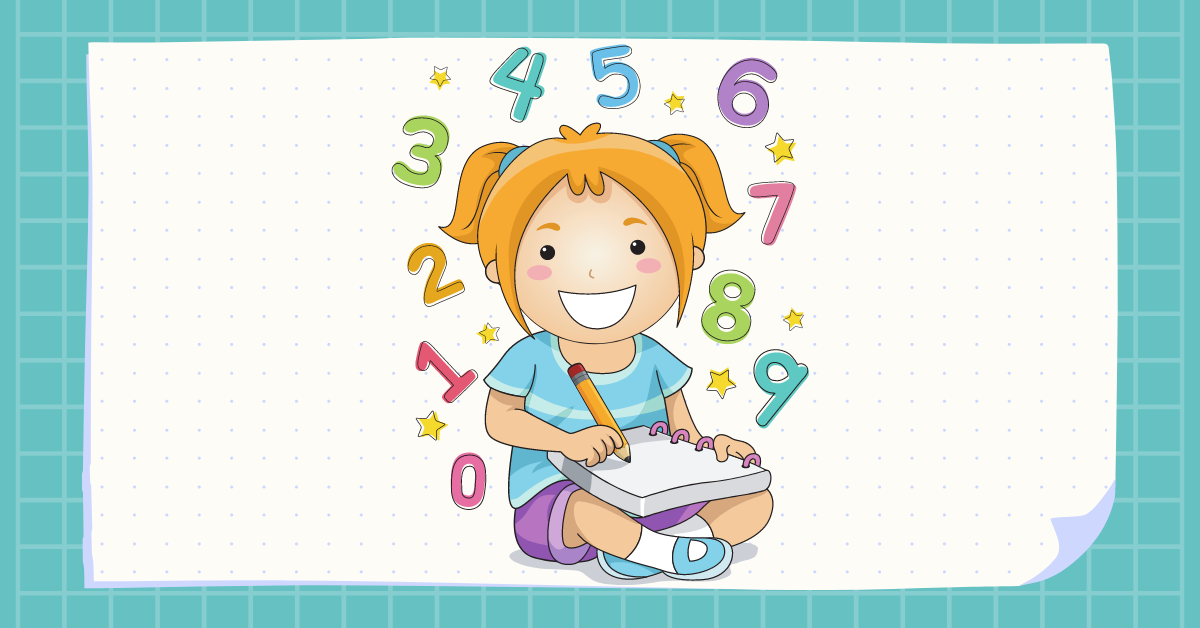Introduction
When we think of school sports, we often picture cheers, trophies, and competitive spirit. But beneath the surface, sports are powerful educational tools. They teach lessons no textbook can capture—about leadership, teamwork, grit, failure, and even ethics. For students, sports aren’t just physical activities—they are formative experiences that shape character, build life skills, and instill values that stay long after the final whistle.
It’s time we recognize that sports in schools are more than just games. They are training grounds for becoming resilient, capable, and socially aware individuals.
The Skillset Hidden in Sports
Every match, every practice, and every huddle teaches something deeper. The life skills gained through sports are transferable across careers, relationships, and society at large.
Key skills include:
- Teamwork: Understanding roles, communicating effectively, and working toward a common goal.
- Leadership: Taking initiative, making decisions under pressure, and inspiring others.
- Time Management: Balancing sports with academics teaches prioritization and discipline.
- Adaptability: Learning to perform in new positions or against unpredictable challenges.
- Resilience: Facing loss, injury, or setbacks—then bouncing back stronger.
Unlike classroom lessons that may fade, these skills are ingrained through action, repetition, and real-time feedback.
Character Development Through Competition
Sports naturally test a student’s character:
- Will they respect opponents, even in defeat?
- Will they admit to a foul or mistake?
- Will they own up to responsibilities under pressure?
These moments develop integrity, self-awareness, and accountability. Students learn that true victory isn’t always about winning—sometimes it’s about how you play the game.
Inclusion, Diversity, and Social Learning
Sports level the playing field in surprising ways. Students from different backgrounds, cultures, and academic standings come together as equals on a team. This fosters:
- Empathy and mutual respect
- Breakdown of stereotypes
- Shared goals and friendships across social lines
For many students, team sports are their first real exposure to social dynamics outside their comfort zone. It’s where they learn to cooperate with people who think, act, and play differently than they do.
Emotional Intelligence in Motion
Beyond physical endurance, sports enhance emotional intelligence—the ability to manage emotions, relate to others, and navigate stress.
- Athletes learn to stay composed during tight games.
- They celebrate wins with humility and process loss without bitterness.
- They recognize teammates’ struggles and offer support.
This emotional maturity is critical for future leaders, professionals, and citizens.
Coach as Mentor, Not Just Instructor
A good coach can change a student’s life. They do more than improve technique—they mentor, motivate, and model values. Coaches shape how students:
- View success and failure
- Handle criticism and growth
- Persevere when progress feels slow
Schools should empower coaches with the tools, training, and recognition they deserve—not just for athletic success, but for their immense impact on youth development.
Balancing Sports and Studies
One of the biggest misconceptions is that sports “distract” from academics. In reality, student-athletes often develop:
- Sharper focus and study habits
- Better physical and mental health
- Higher engagement and motivation
The key lies in structured support—ensuring that student-athletes are guided, not overwhelmed. When balanced right, sports enhance—not hinder—academic outcomes.
Creating a Strong Sports Culture
To maximize benefits, schools should foster a culture where sports are respected as character education. This includes:
- Equal opportunities for all genders and backgrounds
- Transparent codes of conduct and ethics
- Celebrating both participation and achievement
- Encouraging cross-sport participation to develop diverse skills
Conclusion
Sports are not just about goals scored or races won. They are about lessons lived, boundaries pushed, and values learned. Every match is a mirror, reflecting a student’s growth in courage, discipline, and character.
When schools see sports as partners in education—not just playground activities—they unlock a powerful, lifelong impact on students’ personal and professional journeys. Because in the end, it was never just a game.









Be the first one to comment on this story.